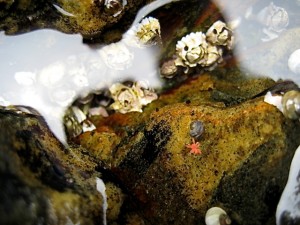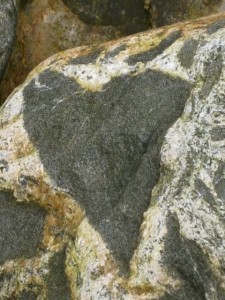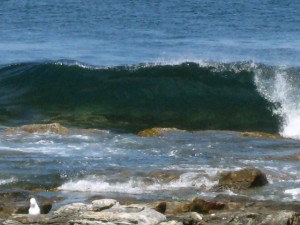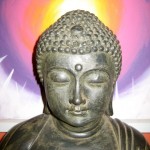
Imagine the horror of looking in the mirror and seeing nothing. This is the experience of many young heroes who look to the world for safety, approval, encouragement, and love, only to be met by disapproving, rejecting eyes, or perhaps blank eyes incapable of meeting, or even worse, a wolf’s eyes intent upon feasting. The reaction of this young unwelcomed “me” is stinging shame, a curling inward around a deeply vulnerable full-of-potential self that protectively walls itself off and sinks into the womb of the unconscious. In its stead, the young hero self is charged with bringing life forward, awaiting the call from the deep unconscious to finally come and participate in the birthing of the true golden child when conditions are ripe for it to be born into fulfillment in this life.
The call to the journey of retrieval from the unconscious can come in many forms: a deep depression midway through life’s journey—where the energy to fund the current life has dried up, and the search for new energy to find meaning and fulfillment requires mining the depths of the unconscious to find the missing pieces of self—is a frequent prelude to the journey. Often the emergence of long walled-off traumatic memory may intrude upon consciousness in a dream, a flashback, or in powerful physical symptoms and pain. Often the call is mistaken, concretely, for physical ailment and only once that is ruled out can the real journey begin. Today too, much focus goes to genetic diseases requiring chemical cures, clouding the true meaning of the symptoms: a call to action by the deeper self.
Another complication in undertaking the journey is the veiled hope of rescue, of vindication by some mirroring person in the world to liberate and meet the deeply walled-off self. Though experiencing love can go a long way in healing, to truly be open to the intimacy and vulnerability of real love as adults we must first take the journey of inner liberation to free the unborn self from its illusions regarding love. We must first dismantle the walls of defense erected long ago to protect the golden but shamed self. To go to love without liberation is to invite dependency, fear of loss, and a persistent dark cloud of doubt around worthiness that no other person can ever remove. The search for the liberating other can mesmerize us for decades before we realize that the real needed partner for the journey is the ego self, willing to take the plunge into the darkness and find its lost soulmate, waiting within.

Dismantling the protective walls surrounding the true self is the task of recapitulation. In recapitulation, the present self—forged through years of heroic efforts—becomes the midwife to the golden self. Practically speaking, this means truly suspending judgment and being fully present to the truths of the buried self. These truths may come full of excruciating physical and emotional pain. As the present self meets the eyes of the buried self, it mirrors compassion and total acceptance, encouraging the buried self to reveal its deepest truths with all its emotional intensity. Without collapse, deep shame, rage, hatred, and sorrow are systematically allowed to be fully felt. Gradually, the power of the old feelings to shut down access to the gold is diminished.
As recapitulation progresses, it becomes clear that there is nothing more powerful than the truth of the self and its unborn potential for fulfillment. Driven by its desire for this fulfillment, the ego self welcomes and ultimately merges with its lost self in the truest of loving unions. In this mirror of acceptance, regardless of what is presented, lies the deep validation needed to encourage new life and for transformation to blossom.
With this union, the self is finally freed to open to the outer world and enjoy extraverted love and fulfillment. And now, a glimpse into the mirror reveals only the glowing golden self looking back.
From the heart,
Chuck










